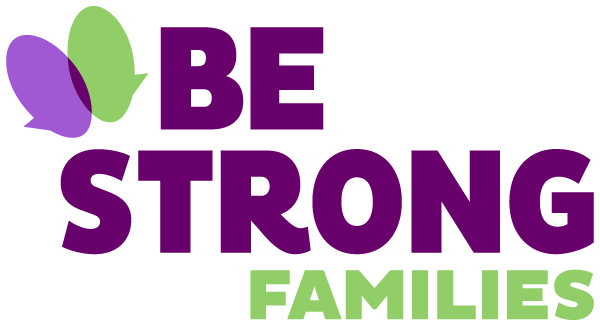Intimacy Issues and Protective Factors
What could be more embarrassing and shameful than not being able to do relationship well? To feel impoverished in the area of friendship, family, love? It's very painful to feel alone and incompetent and like we don't belong. We know that it's supposed to be natural to be social and connected and yet…how many of us suffer with deep loneliness, alienation, not fitting in? How many of us know people who had happy childhoods and feel like they are a completely different species than we are? How many of us consistently make desperate, painful choices in who to be intimate with and then feel a little grateful when it blows up: shielded by the focus on what a jerk the other person was? Sometimes we even get pregnant and have a child to fill that enormous yawing abyss in our center, feeling like we will finally have someone to love and be loved by and yet…these relationships too disappoint, fail. Maybe we do better with a dog. Maybe not.
I am recently encountering information about Adult Attachment Disorder that assists me with understanding, with connecting the dots, and that offers hope for finding the path to sustaining an intimate future. Disorder is "a state of confusion" or "disrupting the systematic functioning of" something. With Adult Attachment Disorder, what's disrupted and confused is the way people do relationships, specifically intimate relationships, including family relationships such as those between a parent and a child.
It's no surprise that the confusion central to Adult Attachment Disorder results from the experiences we had as children with our parents. The way I understand it, there are 4 possible primary stances to relationship. When it comes to intimate relationships, do you feel secure? Do you avoid them? Are you ambivalent? Or are you completely disorganized?
Secure: If we were parented with consistent love and our physical and emotional needs were met, we are likely to be secure and to be able to reliably give security and safety to others in intimate relationship with us. As adults, we feel lovable and loved. We are flexible thinkers and do not have problems asking for advice. We learned early that the world is a safe, supportive place and that people we were close to could be depended on.
Avoidant: If our physical needs were basically met, but our experience of connection to our caregivers was one that was mostly unsatisfying -- we experienced them as generally dismissive, critical, unnurturing -- then we tend to avoid intimacy in relationships. As adults, we tend toward a focus on being self-reliant and controlled and oriented towards achievement and success (or perhaps in service or spirituality). We avoid relying on other people.
Ambivalent: If we had a mixed experience with our caregivers that alternated between warmth and availability and then for reasons we didn't understand sometimes became cold, unavailable, painful, we will be ambivalent about intimacy. We won't want to give anyone power over us, the power to hurt us, and yet we may long for positive intimate connection that we won't necessarily have the skills to sustain. We are fixated on trying to understand stories of our childhood, to make sense of what didn't make any sense to us.
Disorganized: If our caregivers were cruel, abusive, neglectful, or even absent at critical times -- due to illness; if our physical and emotional needs as a young child were not met; if we experienced major trauma, we will be all over the place when it comes to relationships. We may be afraid or feel unworthy. We may lack empathy or remorse. We may be extremely antisocial and not take responsibility for our actions. We may be criminals or abusers ourselves, have chronic alcohol or drug problems. Emotional and moral problems come with the territory of having experienced severe attachment trauma as a young child.
This is seriously over-simplified food for thought. There are lots of caveats: A primary attachment style is an orientation based on our experience: it is not a life sentence. Also, life is complicated and people may have experience with more than one attachment style and there are other reasons for relationship and intimacy issues.
Just as clarity clears up confusion, disorder can become order -- with knowledge comes power. The key is to commit to understanding how our past influences our present and also to creating a brighter future for ourselves and our family. What is your primary attachment style in relationships? How are you going to heal your heart and move towards security and safety and peace and love?
Living the Strengthening Families Protective Factors can help. In this case, living those protective factors might be a sequential process. In the first stage, you nourish and invest in your resilience; learn as much as you can about attachment; and get the help you need from professionals who understand this attachment landscape and have experience assisting others with building trust and relationship skills. Living resilience, support and knowledge will enhance your social and emotional competence / your ability to communicate and interact. All of this will result in better and stronger and more fulfilling and reciprocal, loving relationships -- including relationships with your children.
Article by: Katthe Wolf

